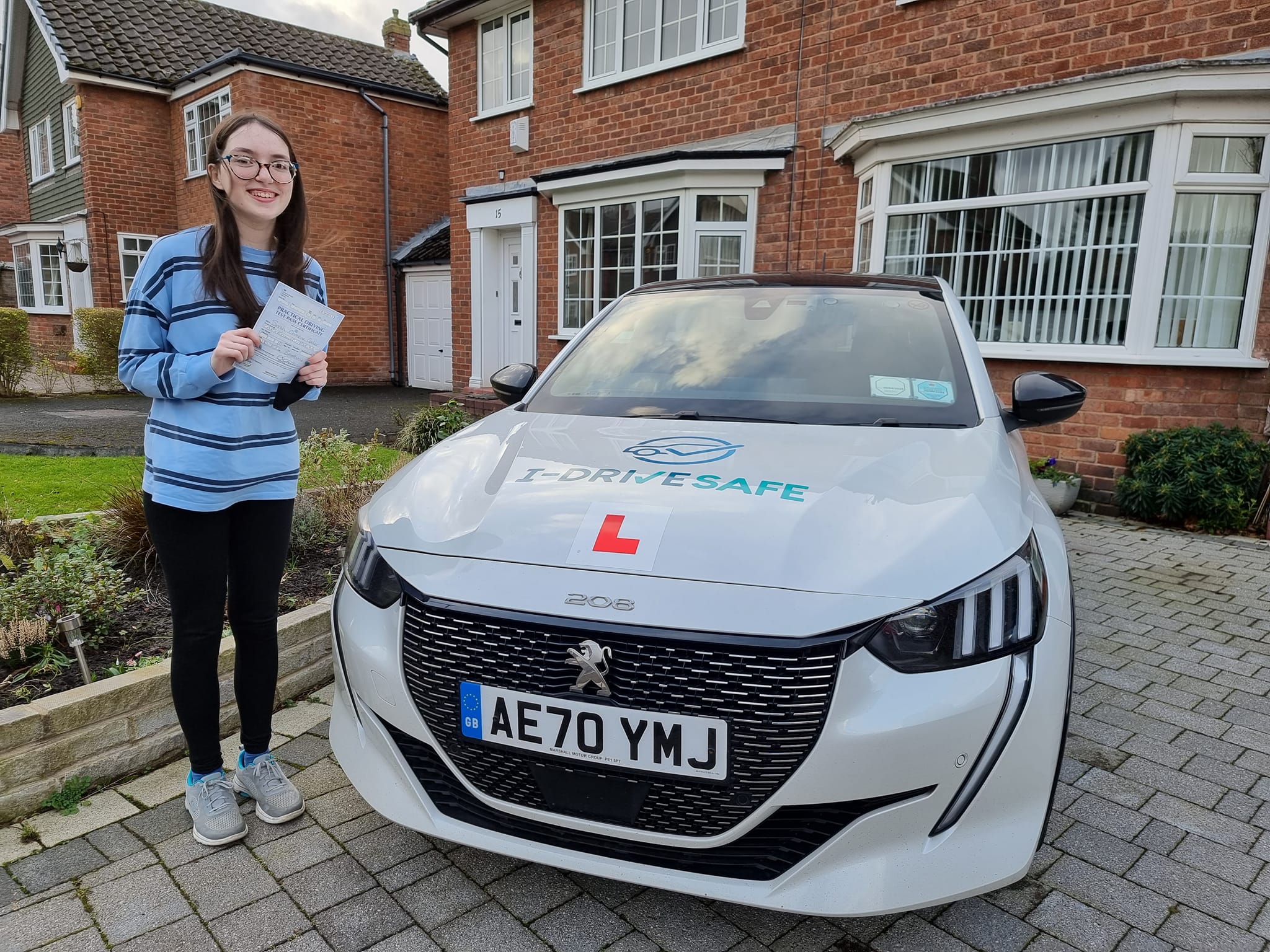
Chances are if you’re preparing for your test, you’ve been through a few mock driving tests with your instructor to prepare you for the big day.
These mock tests usually involve travelling the main route for testing in your local area, practicing safety checks and manoeuvres or events in sequence as they may be presented during the real thing.
Mock tests form an important part of any learner driver’s preparation for their final examination – but there has been concern in recent years surrounding the efficacy of mock tests conducted by driving instructors. What makes a good mock driving test? And how can they improved to offer not only the best possible chance of passing your test – but also to make you a better driver (which should always be the overall goal)?
In June this year the government published a brand-new resource for driving instructors – focusing on making mock tests more effective and better preparing students for the final driving test itself.
Why are mock driving tests important?
A mock driving test offers up a valuable opportunity to prepare learner drivers for the real thing. Alongside your driving instructor you can practice a test scenario that’s as realistic as possible, identifying potential pitfalls, issues and areas for improvement before the big day. Of course, being able to practice a test scenario with your driving instructor has a number of other advantages – preparation is key for any type of exam, so this time really can be valuable and helps to increase your confidence and potentially reduce any pre-test nerves.
Problems with mock driving tests
In October 2019 the government conducted a survey amongst ADIs to determine how they were conducting mock tests and what extra support we may need to make them more successful. The results were interesting – 96% said they carry out mock tests, including all important parts of the test itself – and 89% felt they needed to be more realistic. This survey was followed by a questionnaire sent to learners who had recently failed their driving test. Over 22% of students who failed their test felt the main reason they had not passed was because they’d been marked too harshly – identifying a disconnect between learner expectations and the reality of the test itself.
Reasons a mock test might not be as effective as it could be include:
- Misunderstanding the way tests are marked and assessed
- Lack of confidence or competence in certain areas which needs work before testing
- Lack of constructive or useful feedback during or after
- Too many interruptions during the test
- Simply not being ready to take a mock test, in preparation for the real test
Making mock driving tests better
Having listened to feedback from driving instructors, the government has now put together a comprehensive guide to improve the quality of mock driving tests, in turn helping learners to become better, more competent and confident drivers. Guidance in the documents includes:
- Complete testing schedule, including all elements that need to be included in a mock test
- Data on which manoeuvres or procedures, such as emergency stop, are most common and should be included more often in mock tests
- Advice on designing mock test routes
- Advice on marking for faults
- Resources such as marking sheets and safety questions
- Guidance on giving feedback in order to help the learning process
The government is also planning webinars and professional development support for ADIs to help them to implement more effective mock testing in the future.
What pleased me the most upon reading this feedback was the government’s emphasis on the fact that learning to drive is all about assessing whether someone is ready to drive on their own – not teaching them to pass a test. Hopefully this guidance will ensure more learners feel fully prepared and confident when taking their test, for all the right reasons.